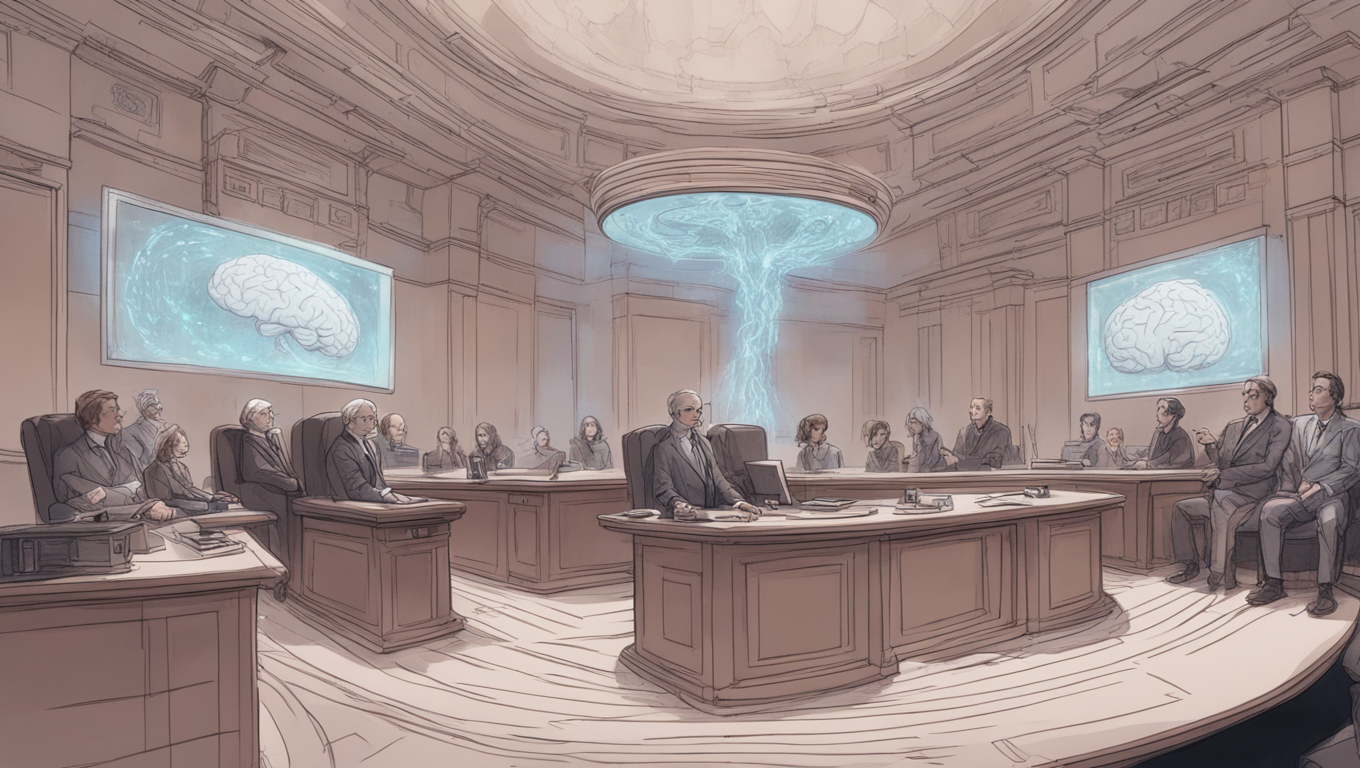On February 2, 2024, the House Judiciary Subcommittee on Courts, Intellectual Property, and the Internet held a field hearing in Los Angeles, California. The aim of the hearing was to explore the impact of artificial intelligence (AI) on identity in the age of AI. As the Subcommittee delved into this topic, it became clear that AI is revolutionizing the way we understand and define identity.
At the hearing, experts from various fields shared their insights on the subject. One of the key figures was Dr. Sarah Thompson, a renowned computer scientist and AI researcher. Dr. Thompson emphasized the rapid advancements in AI technology and its potential to reshape our understanding of identity. She stated, “AI has the ability to learn and adapt, allowing it to understand and replicate complex patterns of human behavior. This has profound implications for how we perceive and define ourselves.”
Another expert who testified at the hearing was Dr. David Martinez, a leading expert in the field of neurology. Dr. Martinez discussed the intersection of AI and brain-computer interfaces (BCIs). He highlighted how BCIs can enhance our cognitive abilities and facilitate the integration of AI into our daily lives. Dr. Martinez explained, “Through BCIs, we can establish a direct connection between the human brain and AI systems. This opens up a world of possibilities, as AI can augment our cognitive capacities and potentially redefine what it means to be human.”
During the hearing, concerns were raised about the ethical implications of AI in relation to identity. Congressman John Stevens expressed his worries, stating, “With AI’s ability to create realistic deepfakes and manipulate personal data, there is a clear risk to individual identity. We must ensure that AI is developed and used responsibly, protecting the integrity and autonomy of individuals.”
Responding to these concerns, Dr. Thompson emphasized the need for robust regulations and ethical guidelines. She said, “As AI becomes more integrated into our lives, it is imperative to establish clear boundaries and safeguards. We cannot solely rely on technological advancements; we must consider the ethical implications and put in place strict regulations to protect individual identity and privacy.”
The hearing concluded with an agreement among the Subcommittee members that further dialogue and research are necessary to fully understand the impact of AI on identity. Congressman Stevens announced that the Subcommittee would continue to explore this topic in future hearings and work towards crafting legislation that promotes responsible AI development and usage.
The field hearing conducted by the House Judiciary Subcommittee on Courts, Intellectual Property, and the Internet shed light on the transformative potential of AI in shaping identity. As AI continues to advance, it is imperative that we engage in thoughtful discussions, establish ethical frameworks, and implement robust regulations to ensure that AI supports and enhances our understanding of identity while safeguarding individual autonomy and privacy. The future of AI and identity is a complex and intriguing frontier that requires careful exploration as we navigate the evolving landscape of technology.





Use the share button below if you liked it.